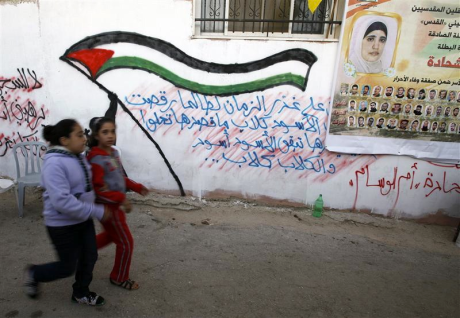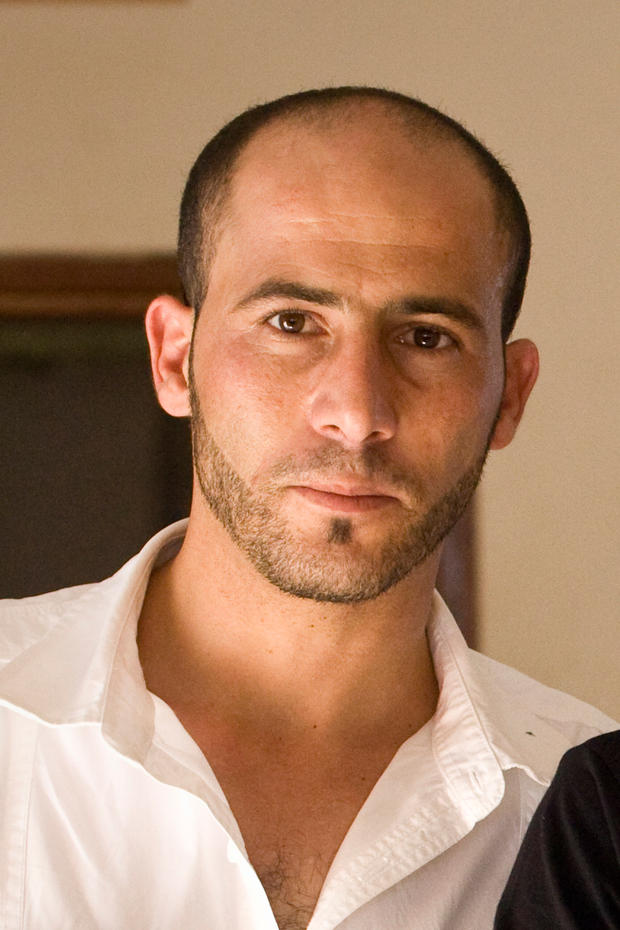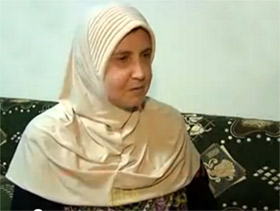-
New report documents children under fire in Gaza
13 December 2011 | AlertNet Twenty-eight cases of children being shot at by the border fence between Israel and the Gaza strip whilst gathering building materials like gravel, or working by the fence, have been documented by Defence for Children International in their latest report ‘Children of Gravel’. The shootings reportedly took place between March […]
-
The death of a stone-thrower
by Jonathan Pollak 13 December 2011 | Haaretz Mustafa Tamimi threw stones. Unapologetically and sometimes fearlessly. Not on that day alone, but nearly every Friday. He also concealed his face. Not for fear of the prison cell, which he had already come to know intimately, but in order to preserve his freedom, so he could […]
-
Palestine mourns another real legend, a symbol of motherhood
by Shahd Abusalama 11 December 2011 | Palestine from My Eyes My voice is muted but every feature of my face speaks sorrow and anger. There is no need to wonder why. It’s Palestine, the rich land where smiles can turn to tears and laughs can turn to sighs in a second. It’s Palestine, where […]
Action Alert An Nabi Saleh Apartheid Wall Arrests BDS Bethlehem Bil'in Cast Lead Demonstration Denial of Entry Ethnic Cleansing Farmers Gaza Global Actions Hebron House Demolition International law Israeli Army Jerusalem Live Ammunition Nablus Ni'lin Prisoner Ramallah Rubber-coated steel bullets Settlement Settlers Settler violence Tear-Gas Canister Video



